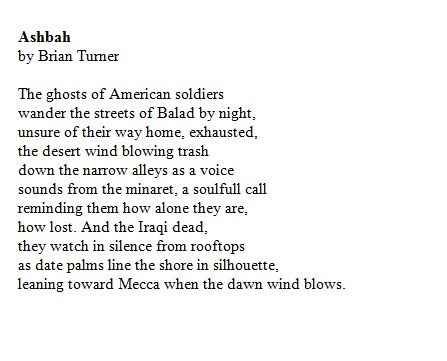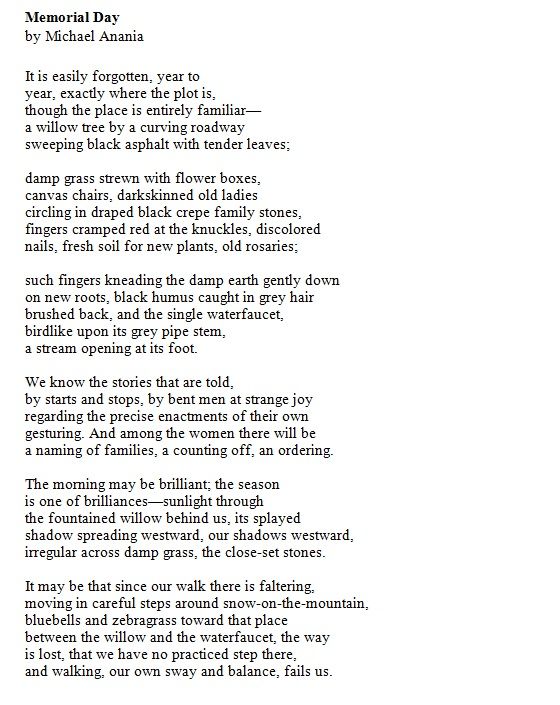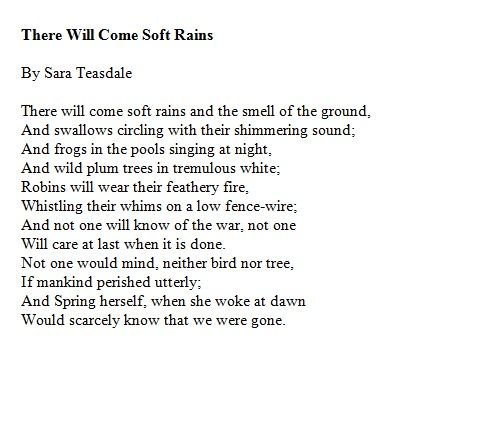Memorial Day Poems: Observe The Holiday In An Unforgettable Way
Originally known as Decoration Day, Memorial Day originated in the years following the Civil War when people gathered to honor the sacrifice of Union and Confederate soldiers. Although it is unclear exactly where the tradition originated, the federal government declared Waterloo, N.Y. the official birthplace in 1966. Waterloo had first celebrated the day on May 5, 1866. Today, Memorial Day is commemorated on the final Monday of May and unofficially marks the beginning of summer.
Many Americans observe the day by visiting cemeteries or memorials, participating in parades, and hosting gatherings for families and friends. Memorial Day commonly fuses the celebratory and the somber in an effort to appreciate the present while honoring the past.
A common way to remember is through poetry. For instance, the history of the Trojan war was told by Homer in The Iliad, an epic poem in classic Greek. Not only do scholars debate whether the Trojan War was an historical event or simply mythological lore, they also question Homer's existence; many believe the poem is a compilation of oral tradition going back to the 13th century B.C. Remembrance is also central to Classical Chinese poems, many of which were written to convey the legendary exploits of rulers and kings and chronicle events that occurred during the earliest dynasties. In pre-colonial Africa, poets frequently sang their compositions, without writing out the words, to eulogize the dead or celebrate a marriage, in essence, to create memories. Poetry, in the most informal sense, predates written communication; it has existed as long as language itself.
"A poem begins with a lump in the throat," Robert Frost famously said. When considering the deaths of men and women who have participated in the U.S. military, many people including those who object to war - perhaps especially those who object to war - feel stirred. Above is a brief slideshow of American poems that speak to the solemn heart of war and those who have died in service to their country.





































